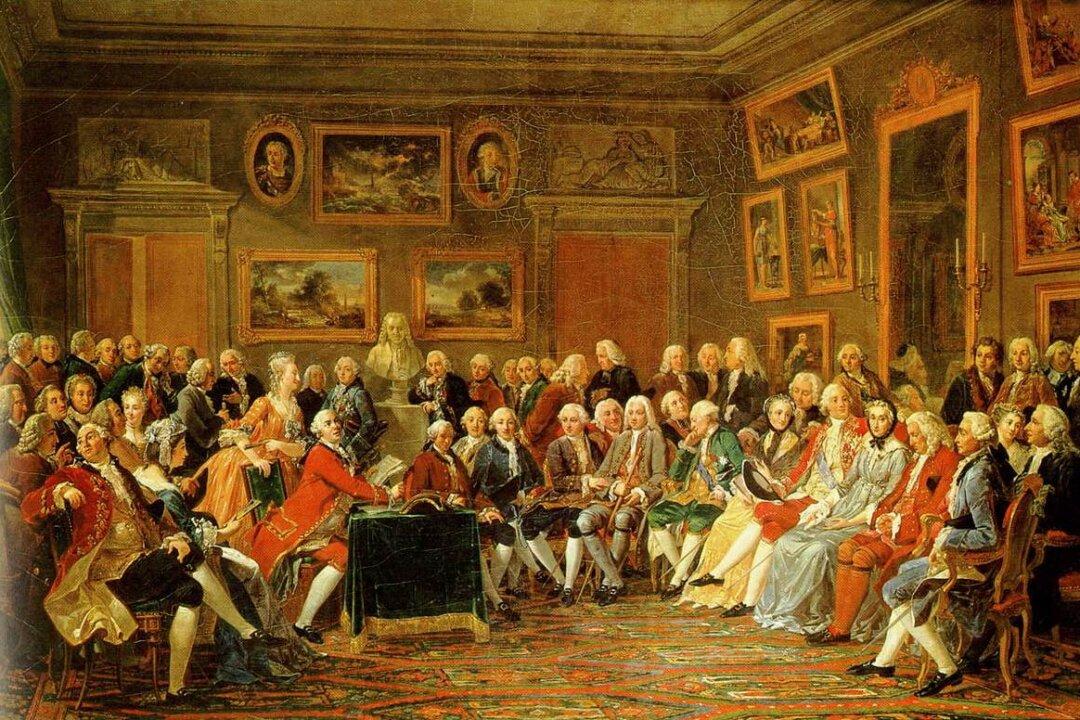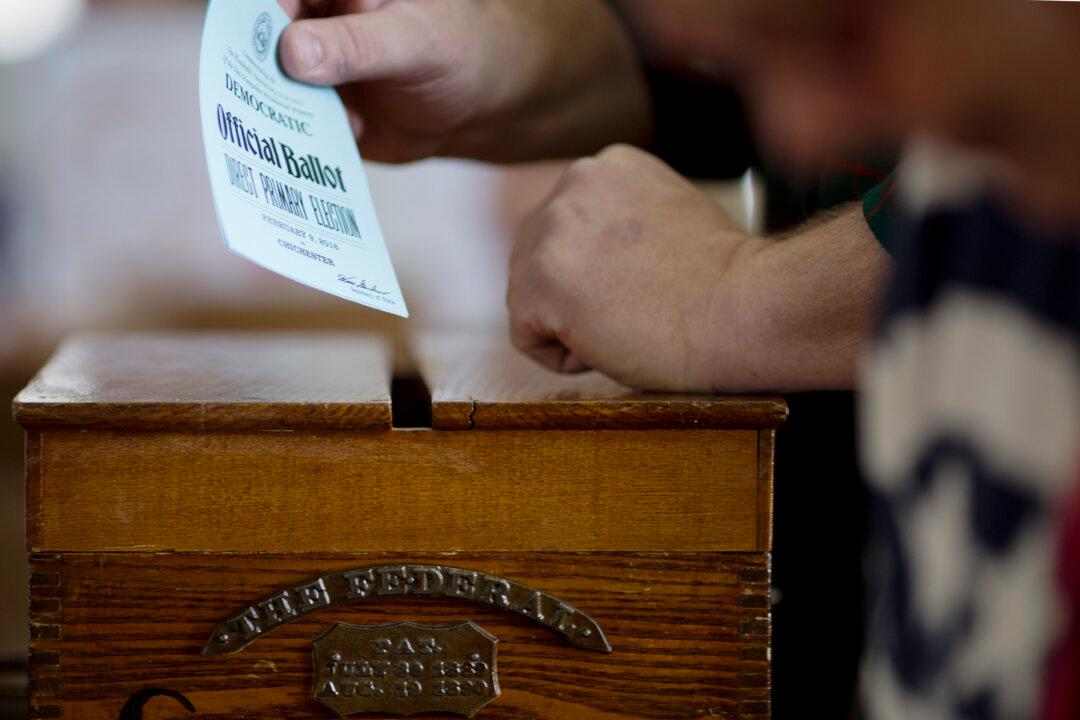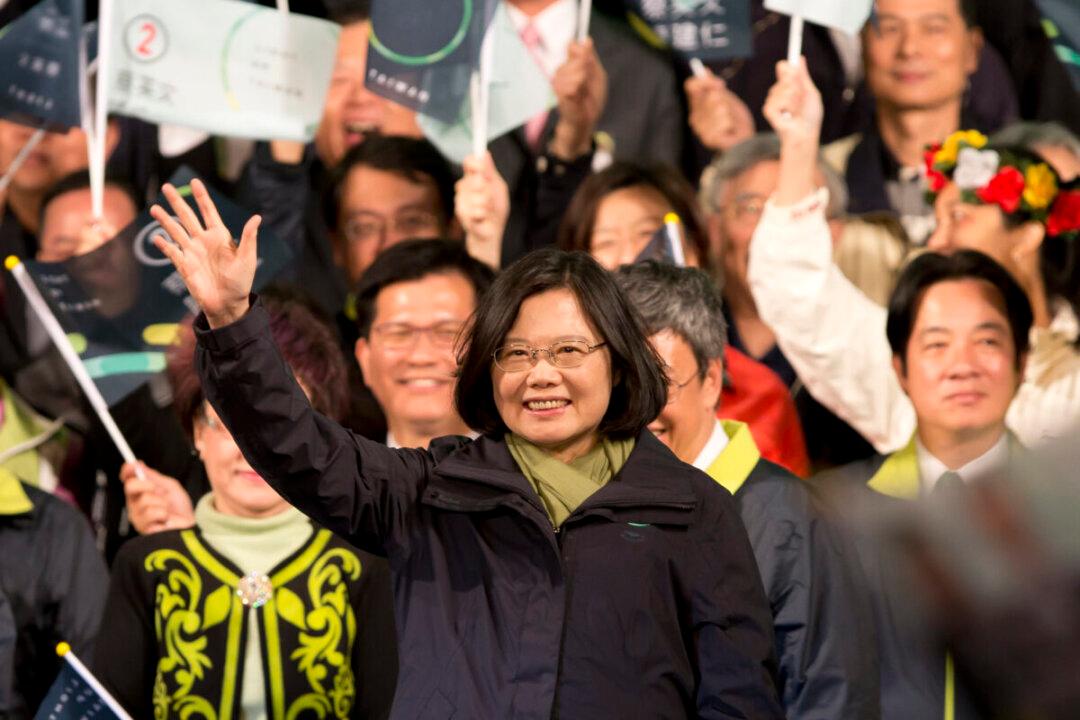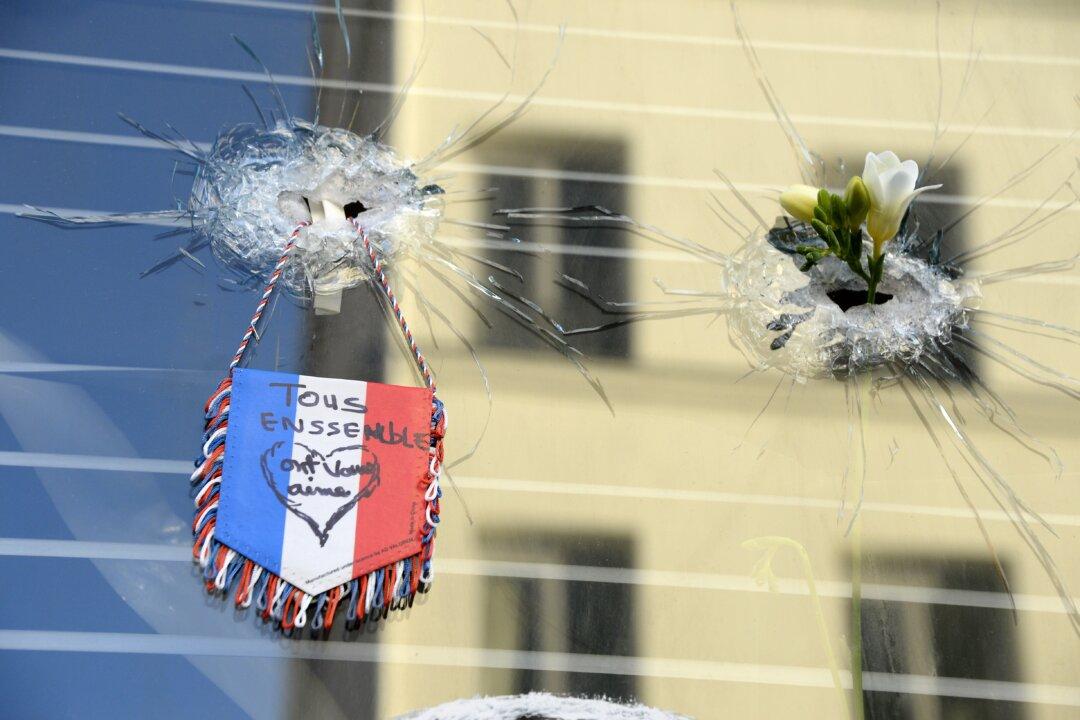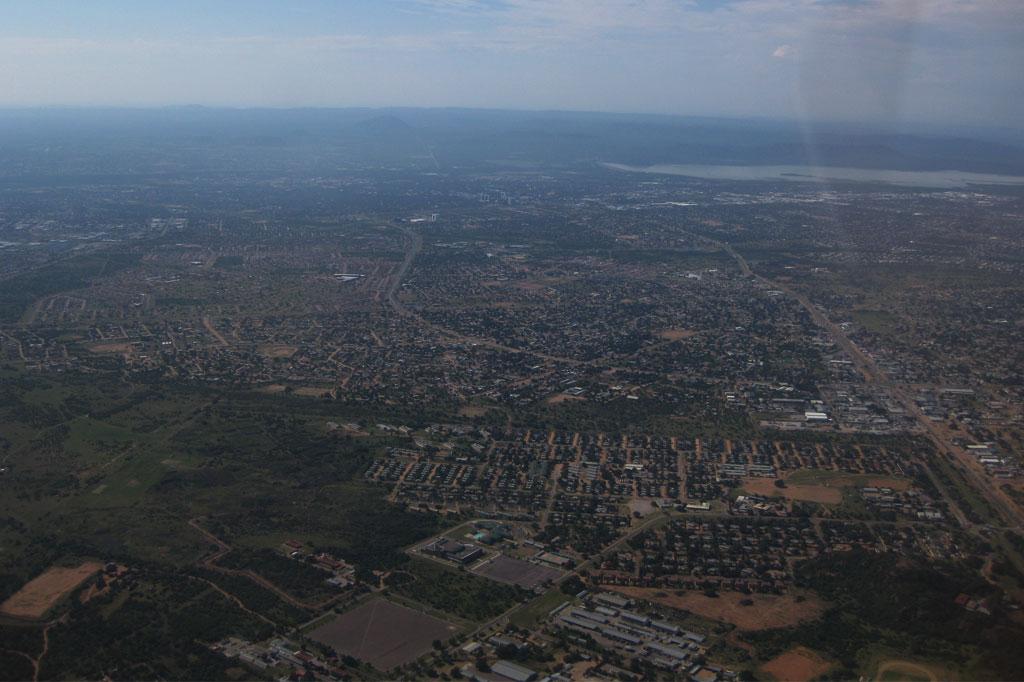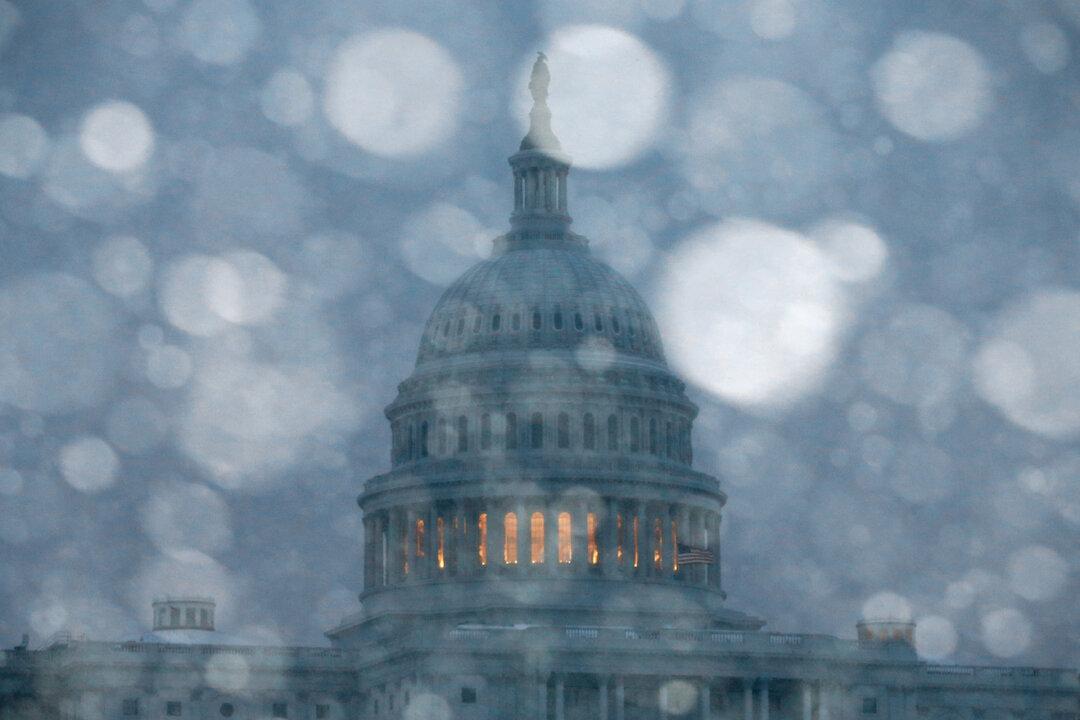John Keane
Author
LATEST
The 18th-Century Enlightenment and the Problem of Public Misery
Many people today think of the 18th-century Enlightenment as an exciting season of reason... The interpretation is unfortunately too simple.
|
Humility: Tsai Ying-wen on the Cardinal Democratic Virtue
Greeted by the fizz of fireworks, flags, honking horns, and a jubilant throng of tens of thousands of Taiwanese citizens, president-elect Tsai Ying-wen took to the stage last Saturday.
|
Cities as Democratic Laboratories: The Case of Seoul
I’m probably not the only person currently gripped by the feeling that democratic institutions, with a few exceptions, are suffering serious setbacks and unsolved challenges everywhere at the global level.
|
War Comes Home
“War in the heart of Paris” screams the headline of Le Figaro. Scenes of carnage, troops on the streets, politicians speaking, sirens in the background, terrified people in tears. The unfolding state of emergency triggers strange thoughts in my political head, but I try to pause.
|
The Weasel Word Terrorism
Politics is a language game: in any given context, who gets what, when and how invariably depends on how things with no ‘essential’ or ‘naturally given’ meaning come to be defined, categorized and named.
|
Democracy in Times of Crisis
With talk of democracy in crisis plentiful, especially in Europe, a smart assessment of how well democracies have fared during past crises is badly needed. This is what David Runciman’s “The Confidence Trap” offers—with decidedly mixed results. Runciman is a good writer and a brave pioneer. Little has been published on the subject and (as I realized when attempting something similar in “The Life and Death of Democracy”) it’s no easy task to compare large numbers of cases from different time periods and come up with a convincing picture of why democracies succeed or fail.
|
The 18th-Century Enlightenment and the Problem of Public Misery
Many people today think of the 18th-century Enlightenment as an exciting season of reason... The interpretation is unfortunately too simple.
|
Humility: Tsai Ying-wen on the Cardinal Democratic Virtue
Greeted by the fizz of fireworks, flags, honking horns, and a jubilant throng of tens of thousands of Taiwanese citizens, president-elect Tsai Ying-wen took to the stage last Saturday.
|
Cities as Democratic Laboratories: The Case of Seoul
I’m probably not the only person currently gripped by the feeling that democratic institutions, with a few exceptions, are suffering serious setbacks and unsolved challenges everywhere at the global level.
|
War Comes Home
“War in the heart of Paris” screams the headline of Le Figaro. Scenes of carnage, troops on the streets, politicians speaking, sirens in the background, terrified people in tears. The unfolding state of emergency triggers strange thoughts in my political head, but I try to pause.
|
The Weasel Word Terrorism
Politics is a language game: in any given context, who gets what, when and how invariably depends on how things with no ‘essential’ or ‘naturally given’ meaning come to be defined, categorized and named.
|
Democracy in Times of Crisis
With talk of democracy in crisis plentiful, especially in Europe, a smart assessment of how well democracies have fared during past crises is badly needed. This is what David Runciman’s “The Confidence Trap” offers—with decidedly mixed results. Runciman is a good writer and a brave pioneer. Little has been published on the subject and (as I realized when attempting something similar in “The Life and Death of Democracy”) it’s no easy task to compare large numbers of cases from different time periods and come up with a convincing picture of why democracies succeed or fail.
|

